Derms Say This Is the Exact Order To Apply Your Skin-Care Routine in Order To Maximize the Benefits of Each Product
Yup! There is a right order to apply skincare products that works universally for all skin types, which dermatologist Dr. Adeline Kikam, FAAD, explains is “based on the vehicle of the product and what's more likely to get absorbed faster or better.” For instance, applying serum before you’ve cleansed your skin of the day’s dirt won’t help your skin absorb the goodness.
"Typically, products should be applied from thinnest to thickest in terms of texture."
In other words, the general rule is to layer your skin-care products based on weight. "Typically, products should be applied from thinnest to thickest," Dr. Farber says. Keeping that in mind, here, Dr. Farber, Dr. Kikam, and Joshua Zeichner, MD, an NYC dermatologist help me to suss out the right order to apply skincare products. If you don't tend to use a particular product, just skip over it to the next one, to build your ultimate, personalized regimen. Keep scrolling for the order you should layer on your products.
Morning and nighttime skin-care product order
While the overall order to apply skin-care products stays the same for both morning and nighttime routines, there are a couple of key differences. Your morning routine, for instance, should include an SPF to protect your skin from the sun during the day, but you can skip that step at nighttime for obvious reasons.
Instead, for your nighttime skin-care routine, Dr. Kikam recommends focusing on treatment products that can make your skin more sensitive to sunlight such as topical retinoids for acne and other prescription medications for things like eczema or rosacea. Basically, she says, any product that’s used to treat and improve a known skin concern is best reserved for your nighttime routine.
{{post.sponsorText}}
So, to recap here’s the ideal order to apply skin-care products for morning and night:
Morning skin-care routine
- Cleanser
- Exfoliation
- Toner
- Eye cream
- Serum
- Moisturizer
- SPF
Nighttime skin-care routine
- Cleanser
- Exfoliation
- Toner
- Eye cream
- Serum
- Treatments
- Moisturizer
This is the right order to apply your skin-care routine
1. Cleanser
Literally none of your skin-care treatments would work if you didn't have a clean canvas to start with, which is why cleansing in the morning and at night is essential. The first rule: Choose a face cleanser that benefits your skin type, says Dr. Farber. "Those who have dry skin should look for a face wash with ingredients like ceramides and glycerin to boost the barrier, and if your skin is extra dry, opt for an oil-based cleanser," she says.
"Women with oilier skin should look for a gel-based formula, while sensitive types can even get away with just using micellar water," says Dr. Zeichner. And although washing twice a day is ideal, the most important time to cleanse is at night. "You need to remove dirt, oil, makeup, and pollution from the skin that accumulate during the day," he adds.
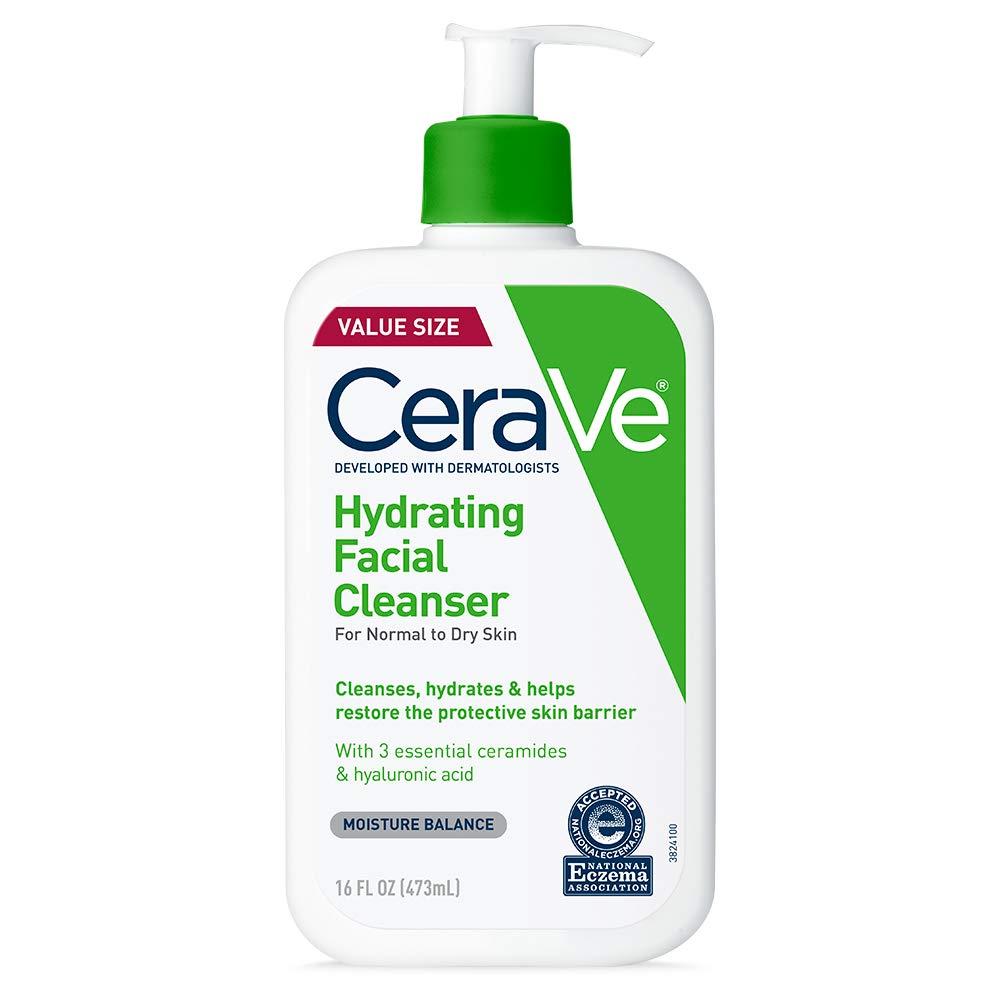
Those with dry skin can benefit from the hyaluronic acid and ceramide-rich cleanser, which gets the seal of approval from the National Eczema Association.
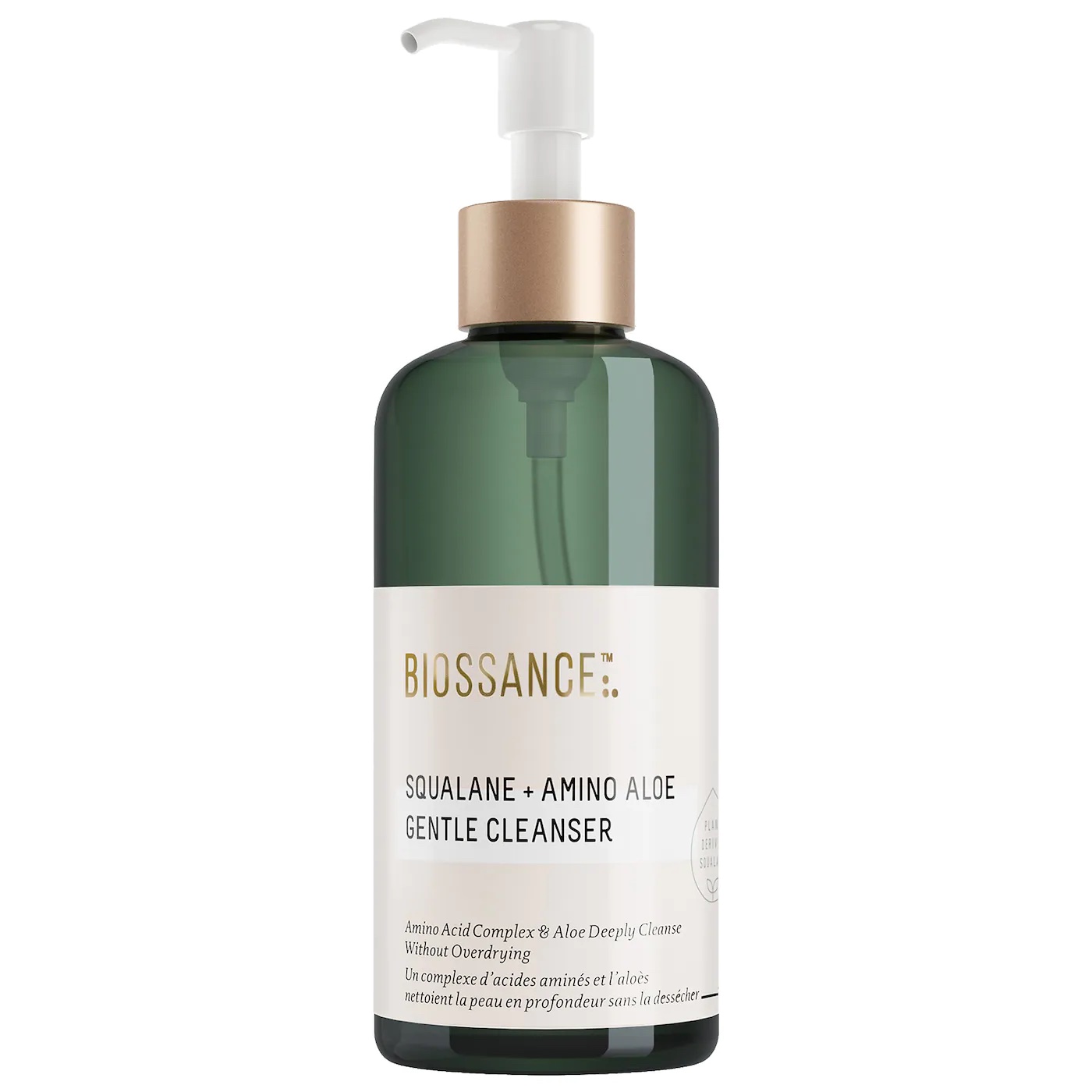
This gel cleanser can bust through grime and build up, but it’s also spiked with nourishing ingredients like squalane and amino acids to help reinforce a strong barrier.
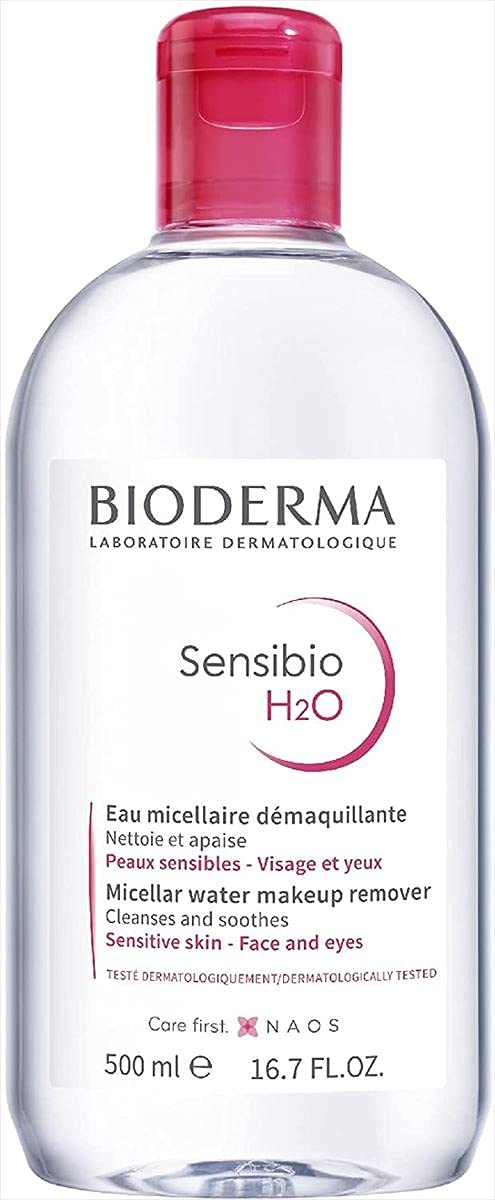
Perfect for sensitive complexions, this micellar water whisks away debris on skin—without the use of water—by utilizing micelle technology. With nearly 26K five star reviews, you might as well hit the subscribe button now.
2. Exfoliation
Exfoliation is another key step in every skin-care routine. Here’s why: “Exfoliation gets rid of dead skin for a brighter skin tone,” Dr. Kikam says. “As we get older, skin renewal slows down, so this is a great step to include a couple times a week into your skin-care routine to help skin turn over.”
If you’re a skin-care minimalist who loves to use products that do double duty, Dr. Kikam suggests using an exfoliating cleanser or sticking with your tried and true gentle cleanser and using an exfoliating toner. Either way, she says, it’s best to make exfoliation your first or second step in your skin-care routine to ensure it preps your face for all the other ingredient goodness you’re about to apply.

Exfoliating toners, like this one by Paula’s Choice, Dr. Kikam recommends for those with oily and acne prone skin. “It is gently formulated with green tea to calm inflamed skin and exfoliates without stripping skin of moisture,” she says.
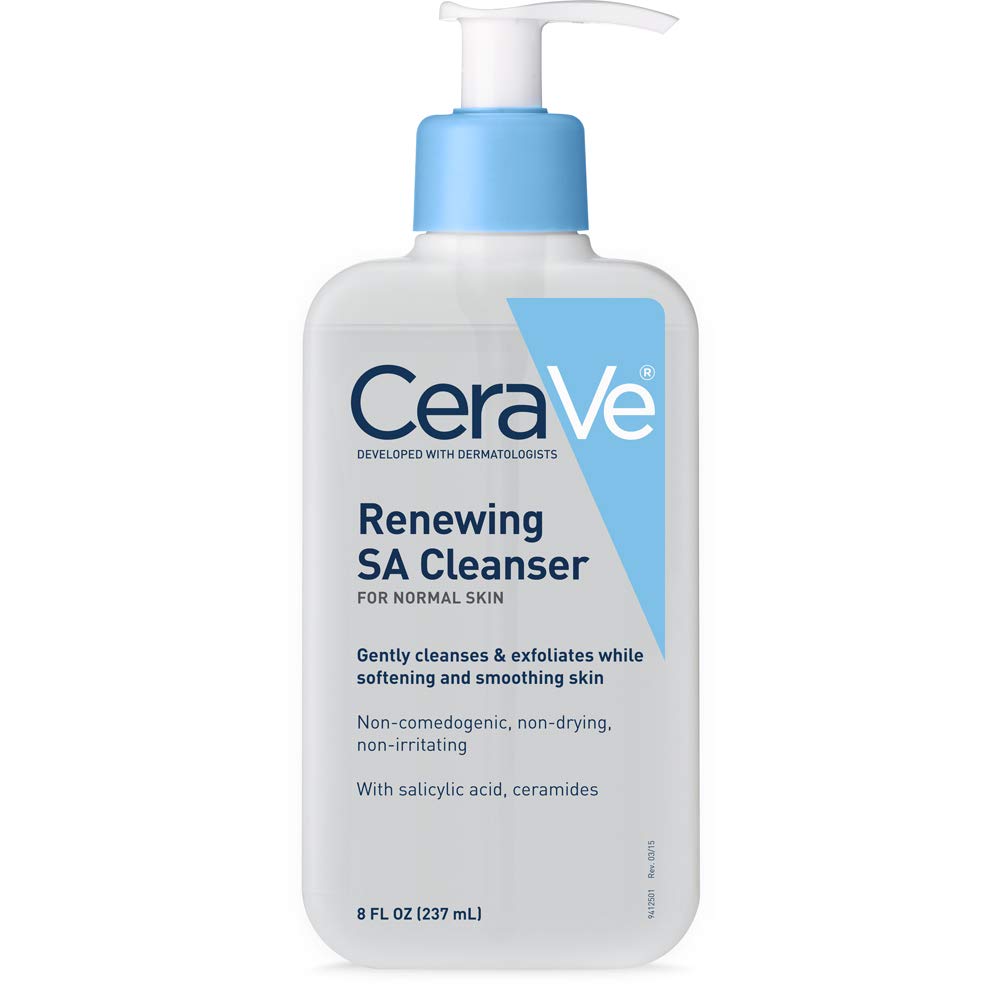
To tick the exfoliation step with a cleanser versus a toner, Dr. Kikam points to this cleanser because it contains salicylic acid, which she describes as “very gentle yet effective.”
3. Toner
After you've cleansed, it's time to tone—but not with those harsh formulas you grabbed from the drugstore aisle as a teenager. (Just me?) "With the exception of the most oily patients, I recommend that everyone use alcohol-free toners," says Dr. Zeichner. "Astringent toners, including witch hazel, for example, effectively remove oil from the skin but can potentially cause irritation, which is why I reserve them only for patients with extremely oily skin."
The key to finding success with a face toner is to be mindful about how much you use. Dr. Farber adds that they're great at prepping skin for a serum, but if you use too much, you can dry out skin.
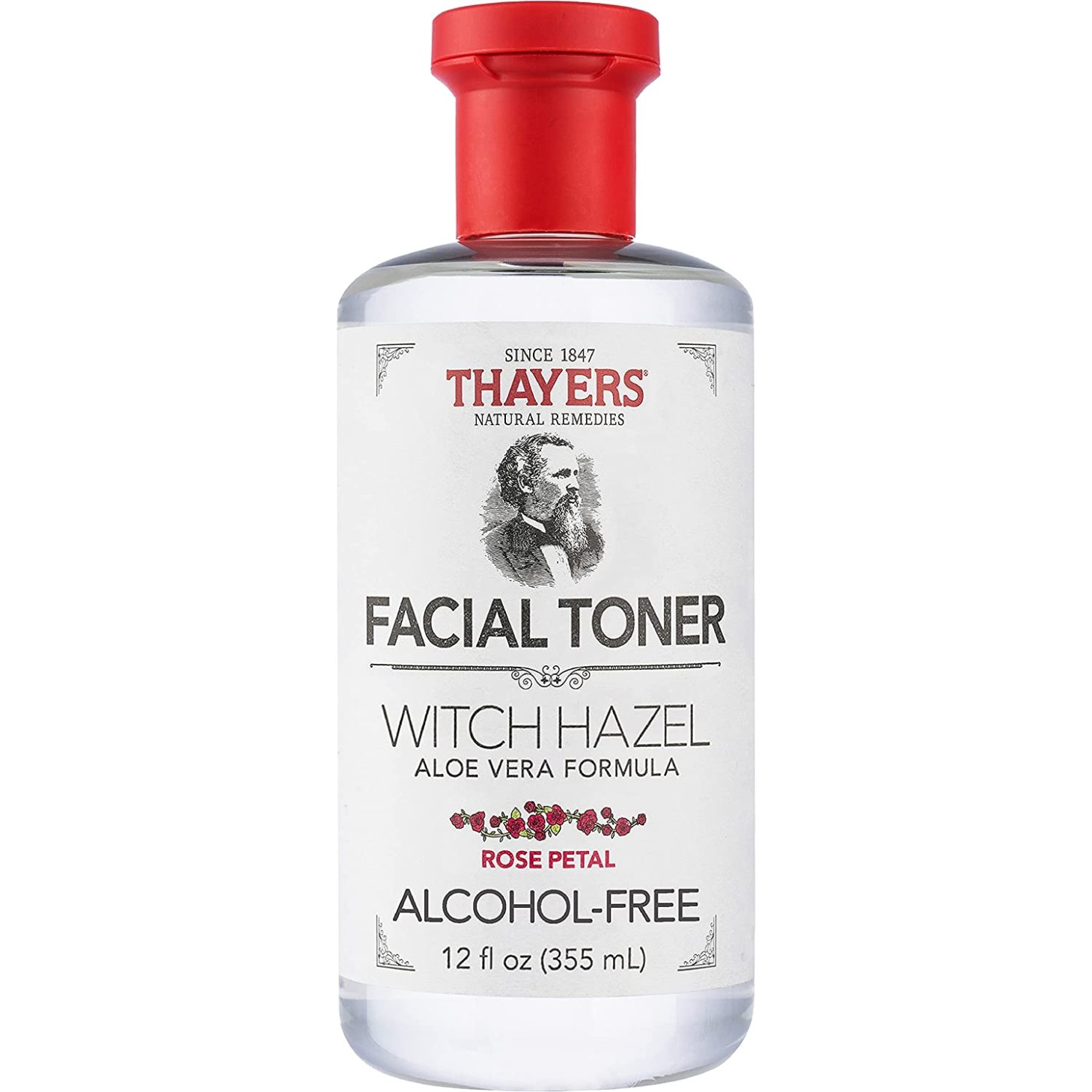
If you’re worried about using a toner because you think it might be stripping, this alcohol-free formula won’t parch your complexion, thanks to the addition of aloe vera in its formula. It helps to balance pH levels on the skin, while also removing excess oil that might be lingering.
4. Eye cream
You want to apply your eye cream prior to any treatment products, so that potent ingredients like glycolic acid or retinol aren't accidentally pulled to the eye area. Because the skin around the eye area is more delicate than the rest of your face, it requires its own pint-sized bottle of gel or cream. (They're all just so cute, right?)
Again, choose based on your skin type: If your lids are oilier, opt for a gel-based formula, says Dr. Farber. Otherwise, look for a hydrating formula for parched skin or one laced with caffeine to lessen the appearance of under-eye bags. It really just comes down to what your eye area needs. Apply it with your ring finger (which puts the least pressure on skin!) by gently tapping.
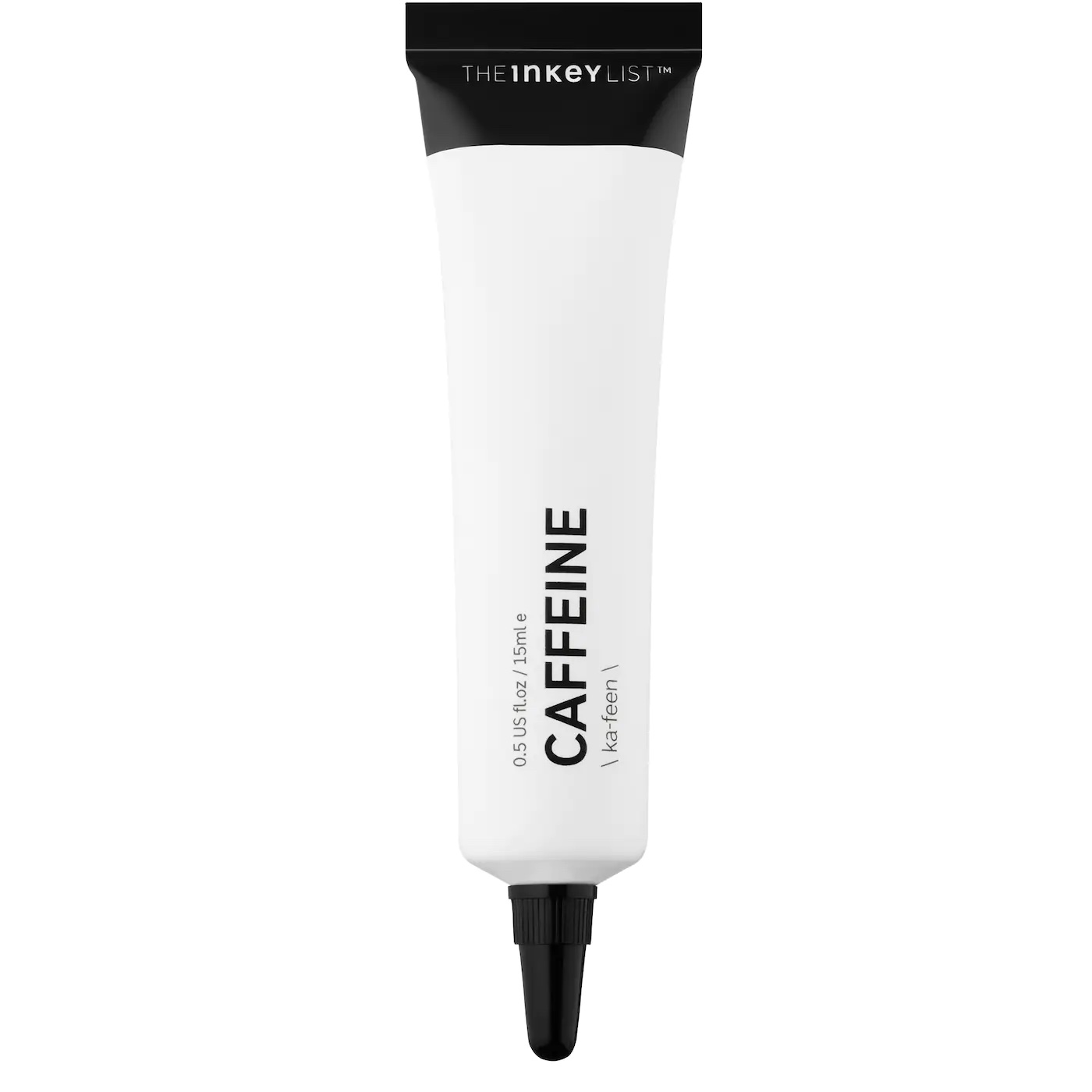
With caffeine as its key ingredient, this eye cream helps to depuff and lessen eye bags.
5. Serum
Think of serums as specialty treatments for your specific skin needs, as they'll help target any issues you may have like dryness, dark spots, dullness, or acne. "Essentially, they're delivery systems for specific active ingredients," says Dr. Zeichner, and he adds that you can utilize different formulations and ingredients for different times of day.
For example, in the a.m., reach for a serum that's packed with antioxidants to help ward off the effects of pollution, he says, adding that a vitamin C-based serum is one of the most well-known and potent antioxidants.
At night, Dr. Farber recommends using a serum with retinol to help skin regenerate as you sleep. "Evening serums tend to provide skin with reparative ingredients and stimulate collagen production," she says. The result: a soft, revitalized complexion come morning.
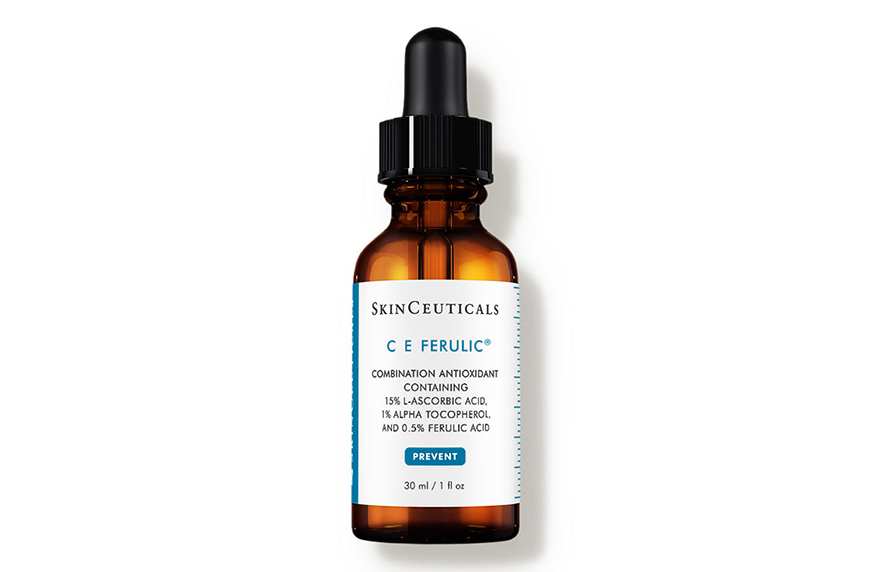
Help firm skin and remove discoloration with this potent vitamin C formula that gets name-checked by dermatologists regularly.
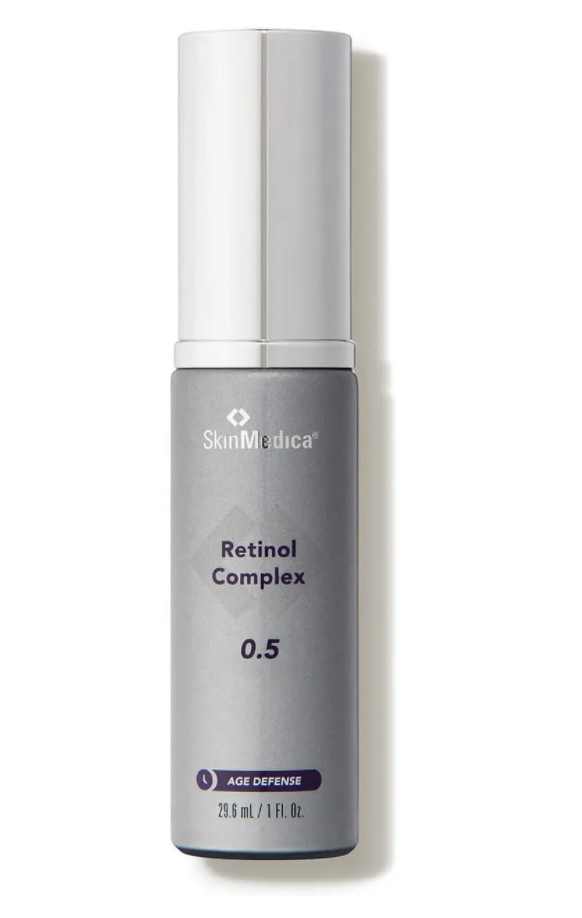
This mid-weight retinol will give you all of the benefits of the ingredient—speedy cell turnover, boosted collagen production, and help managing acne—with none of the gripes like redness or irritation.
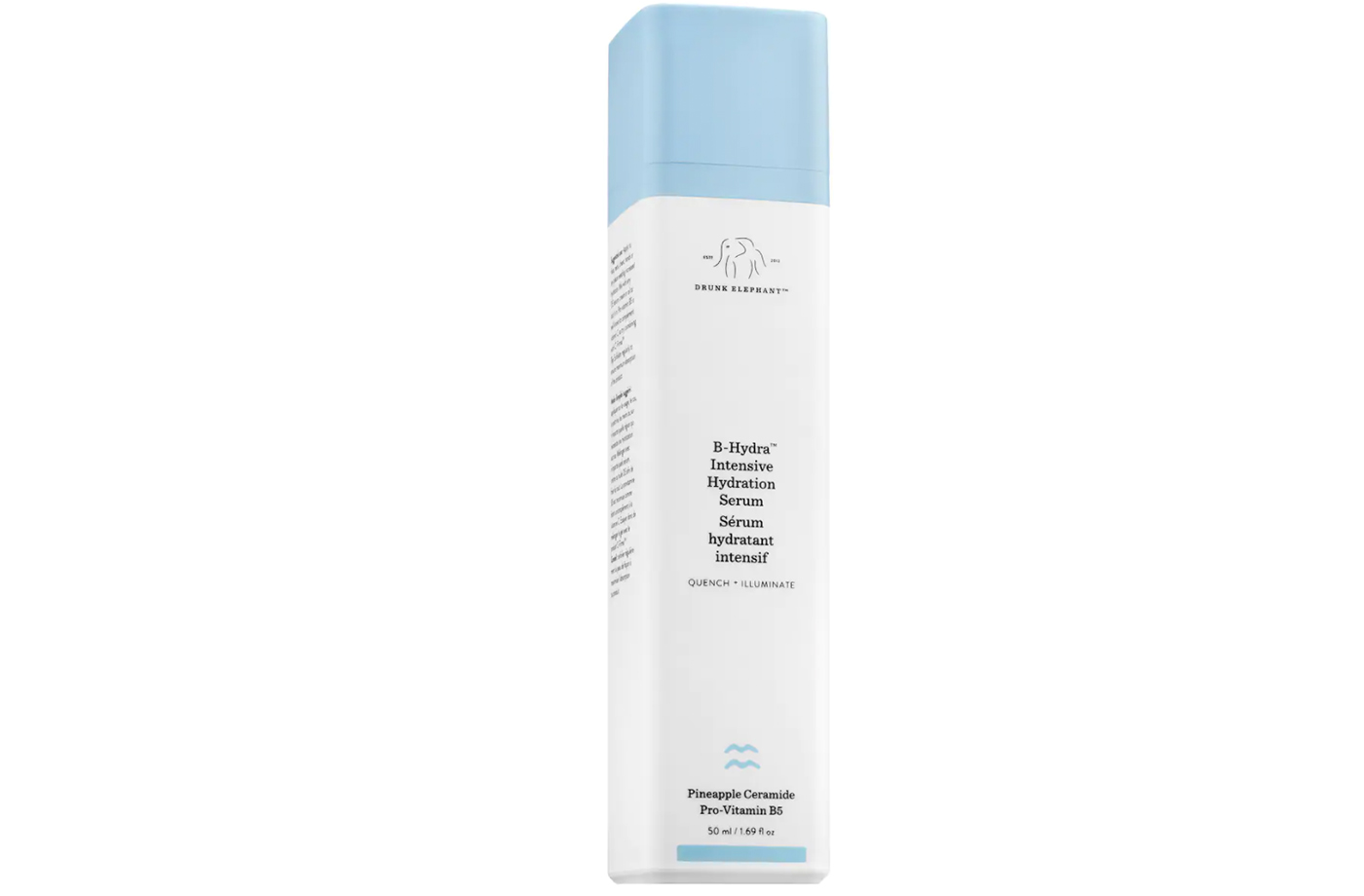
Suberb hydrators and humectants—hyaluronic acid, vitamin B5, and pineapple ceramides—comprise this formula which really is like a tall drink of water for your skin. If you’re experiencing dryness or your skin needs some moisture, try it out today.
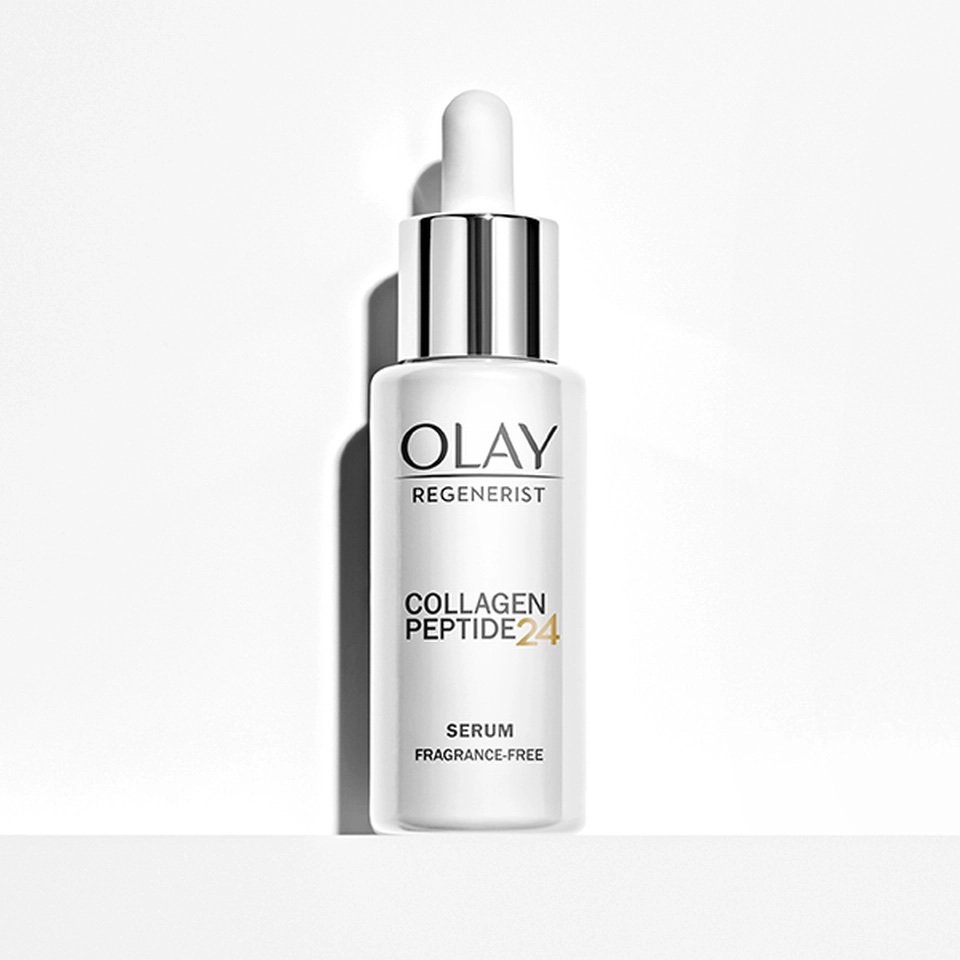
Utilizing collagen peptides and niacinamide, this serum is meant to firm skin and help it look more plump and full. Use it daily and watch as your skin gains that bouncy like quality that so many of us are chasing after.
6. Treatments
If you’ve got specific skin issues you want to improve with the help of your skin-care routine, that’s where skin-care treatments come in. Issues can range from acne to hyperpigmentation, Dr. Kikam says, while treatments can either be over-the-counter products or prescription skin-care medication, depending on your needs. Dr. Kikam emphasizes that this step is best nestled right after serums or other light, fast-absorbing skin-care products, and before moisturizer.
7. Moisturizer
Perhaps your most important step, moisturizers help to not only hydrate the skin, but seal in all the ingredient goodness that you've applied prior, says Dr. Farber. During the day, opt for a lightweight lotion, and save your heavier face oil for nighttime (remember, you can't use your face oil under any foundation). When it comes to the ingredient label for your face cream—day or night—Dr. Zeichner says its imperative to find a complementary formula to your serum to maximize their efficacies.
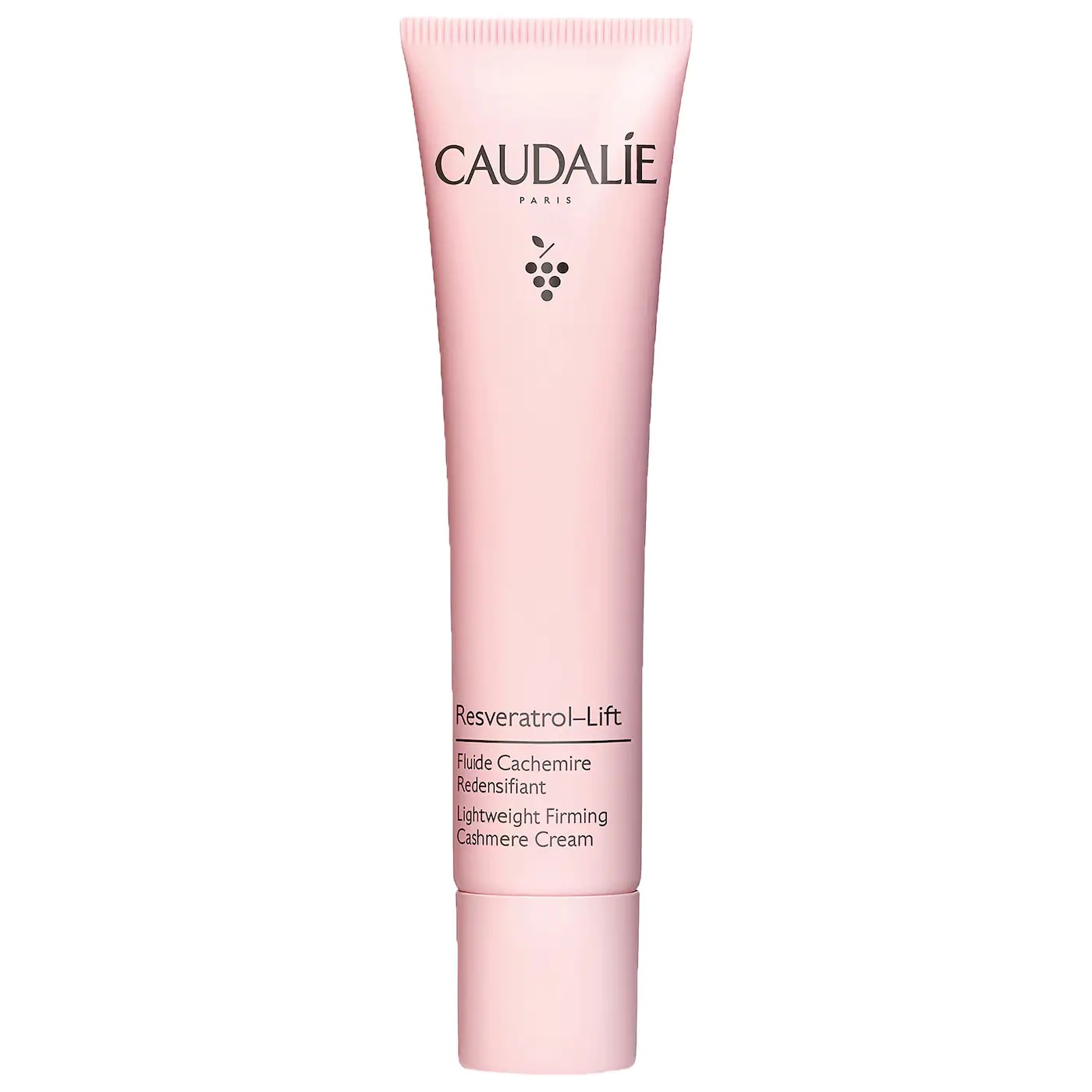
Made with resveratrol, a potent antioxidant, this lightweight serum goes on like cashmere and keeps your skin barrier supported throughout the day.
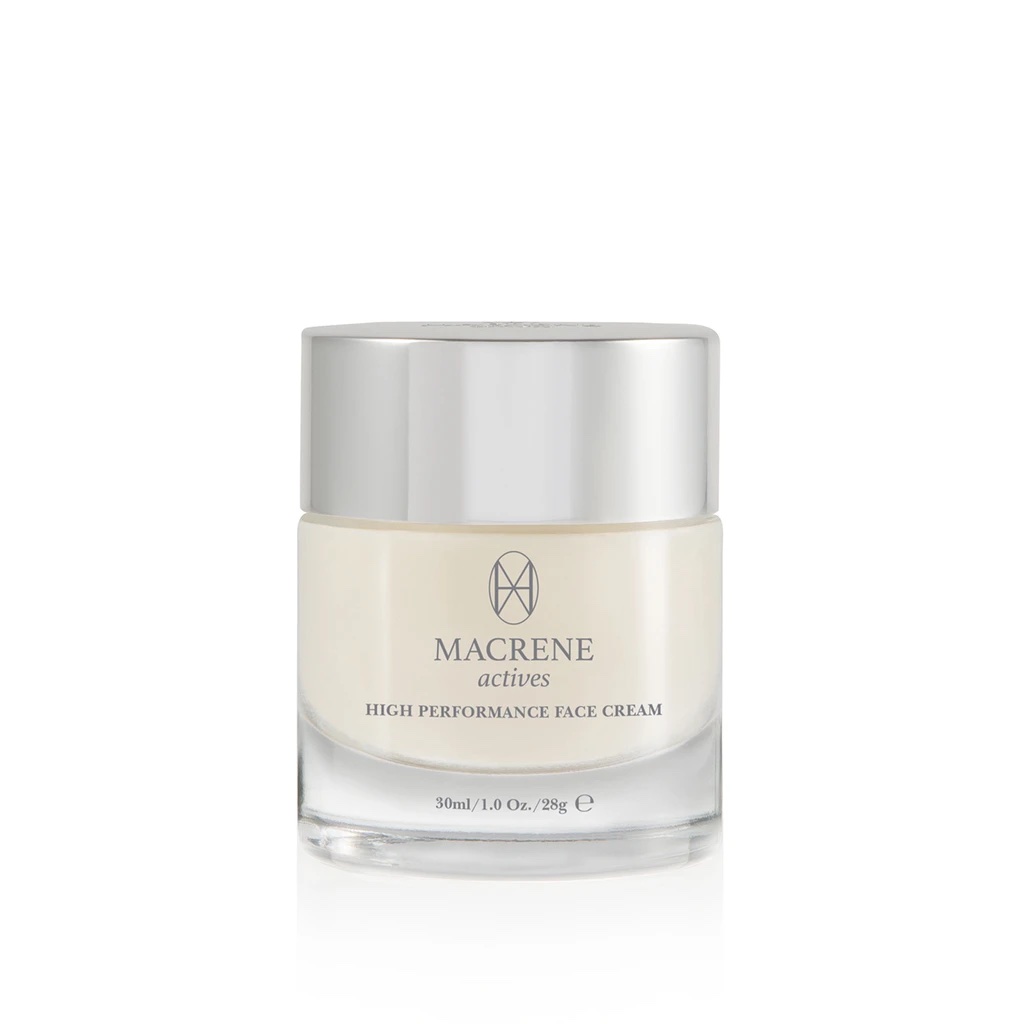
One of the best moisturizers that we’ve tried, this plant-base moisturizer is packed with a host of good-for-skin ingredients that support skin while sleeping and beyond.
8. SPF
No, you don't need to put on sunscreen before you go to bed, but you should consider it an absolute essential in the morning—and the final step of your skin-care routine during the day to ward against UV damage, proven to increase the aging process and lead to skin cancer. "Don't forget sunscreen," warns Dr. Farber. "Apply it every single morning, religiously."
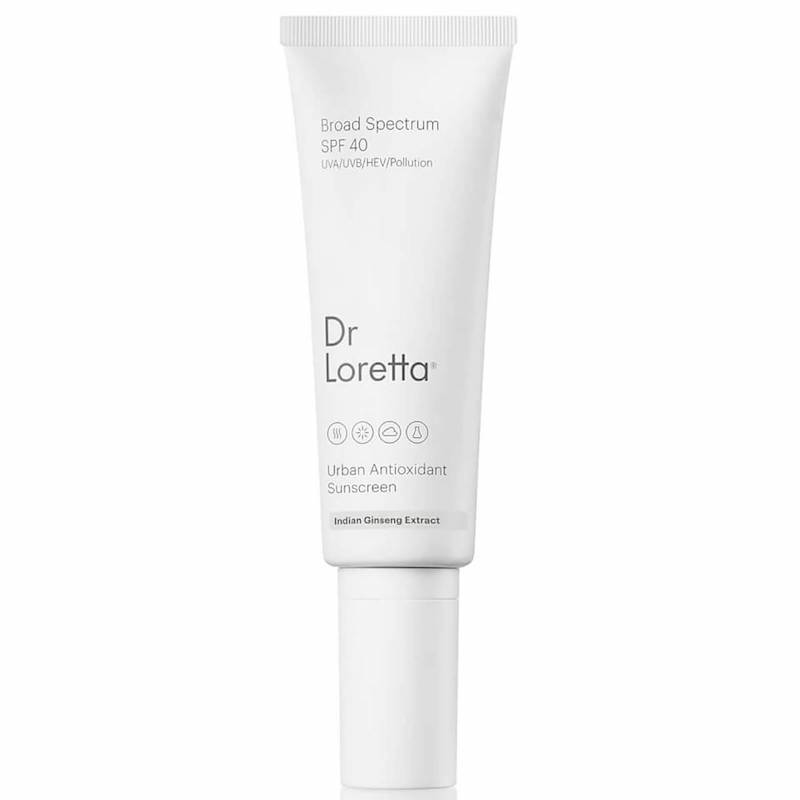
Heavying up on antioxidants, this SPF not only guards from UV rays, but also the environmental impact that being outside can have.
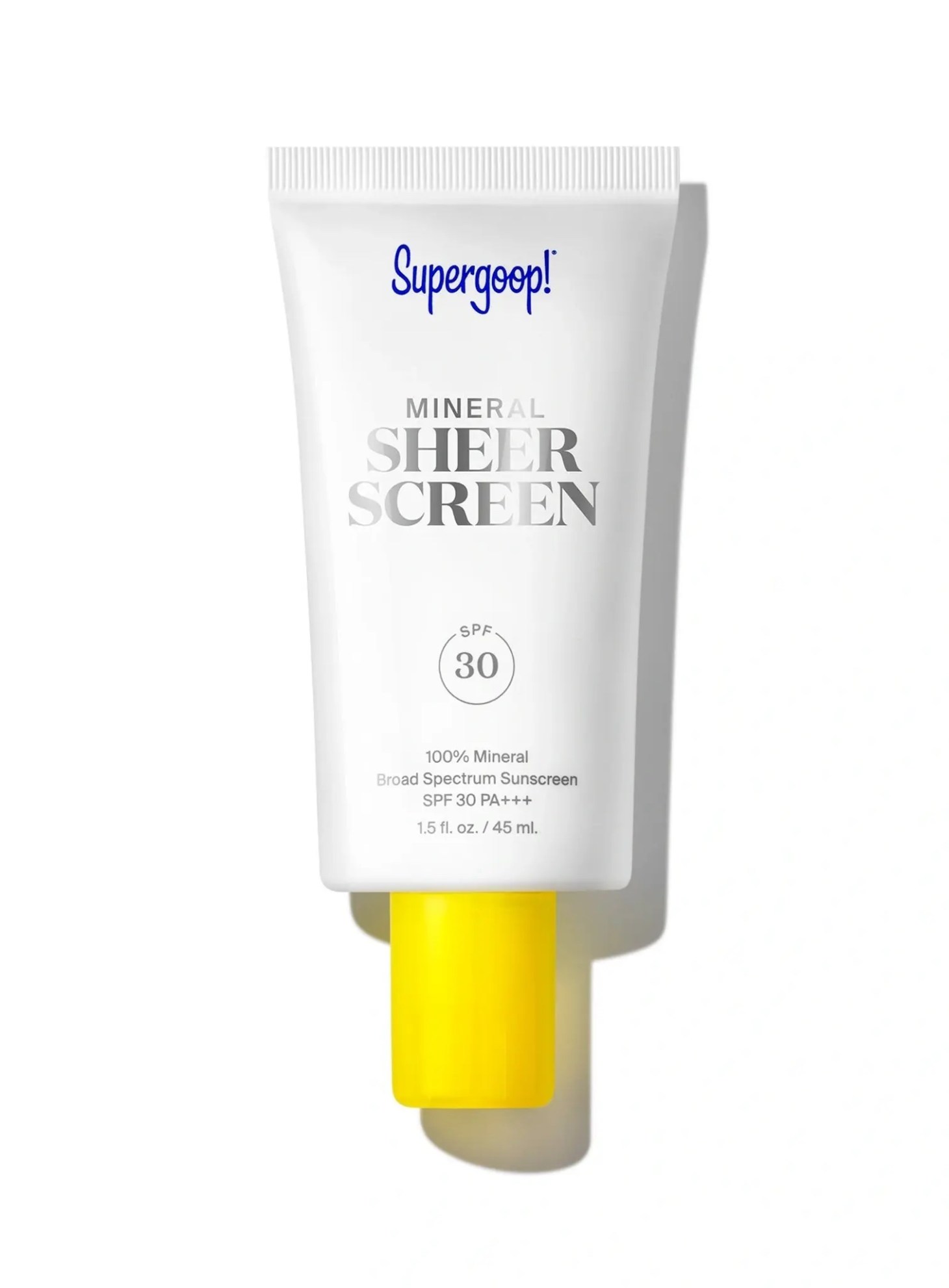
This mineral SPF is meant to go on sheer on most skin tones. It’s also a good option for those who find that chemical filters sometimes cause them to break out or get irritation.
The takeaway
Regardless of whether you love to go all about with your skin-care routine and tick each step off morning and night or you’re more of a skin-care minimalist that likes to skip a few steps, ensure you’re applying the products in the right order for maximum benefits. And, if you’re unsure what specific products to use for each of the categories, consult with your dermatologist who can offer a more personalized skin-care routine based on your specific skin type and needs.
Oh hi! You look like someone who loves free workouts, discounts for cutting-edge wellness brands, and exclusive Well+Good content. Sign up for Well+, our online community of wellness insiders, and unlock your rewards instantly.
Loading More Posts...